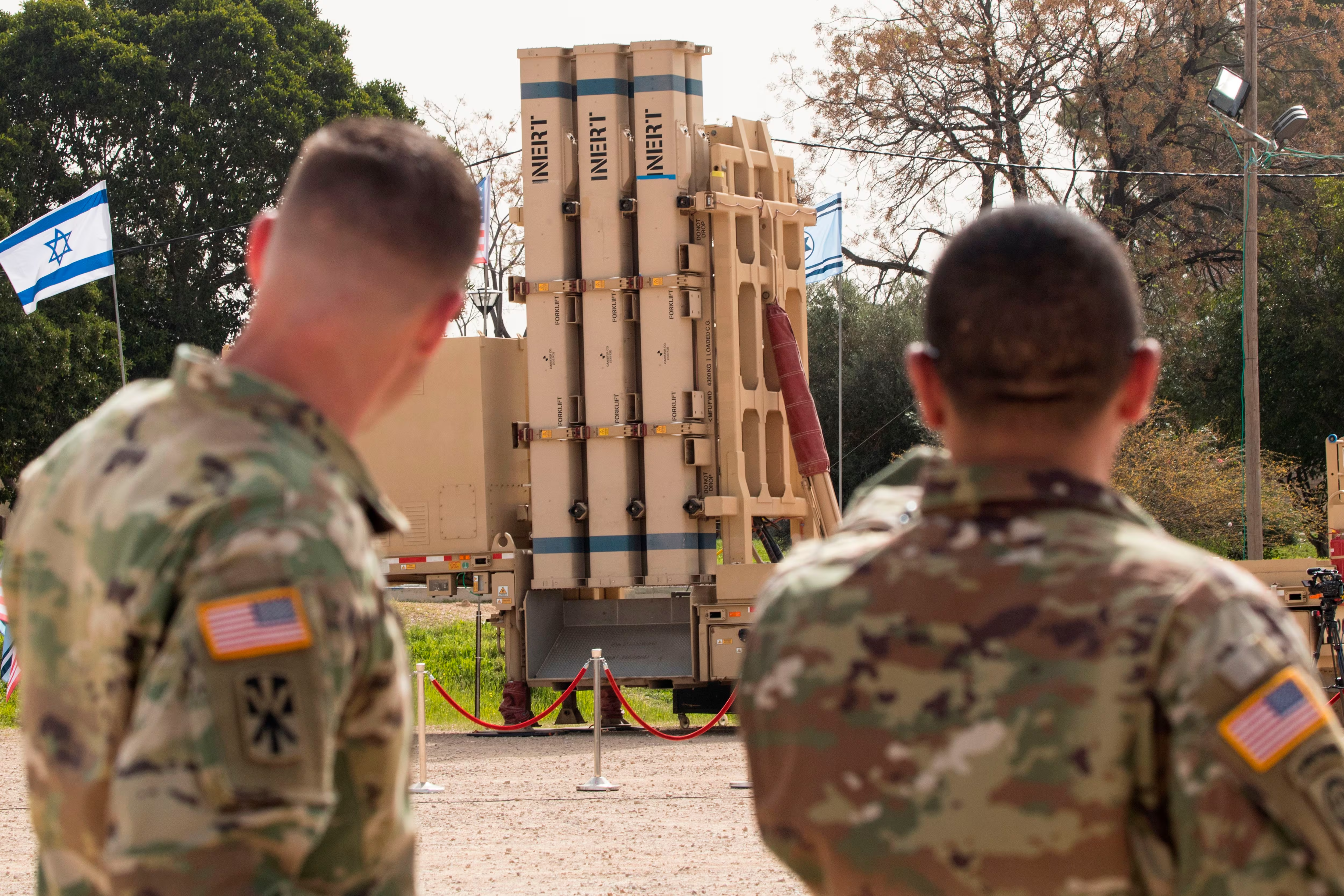COLOGNE, Germany — U.S. and Israeli officials have abruptly stopped a joint exercise due to fears over the spread of a new coronavirus sweeping the globe, U.S. European Command announced Thursday.
The Juniper Cobra 20 drill began March 3 and was to last through March 15. The 700 U.S. personnel, including service members, civilians and contractors, involved in the exercise will be shipped out of the country as soon as possible in coordination with the Israeli government, a command spokesman told Defense News.
The announcement comes as Israel is instituting new travel restrictions for visitors, effective early March 5. According to guidelines posted online by the country's embassy in Berlin, Israel will no longer admit foreign visitors from Germany, France, Spain, Austria and Switzerland unless those individuals subject themselves to a 14-day quarantine period following their arrival.
The restrictions expand the list of affected countries, which already include China (and the semiautonomous territory of Hong Kong), Thailand, Singapore, Macau, Japan, South Korea and Italy.
The new travel advisory also prohibits holding international conferences in Israel, as well as events numbering 5,000 people or more.
RELATED

Besides Juniper Cobra 20, all other exercises sponsored by European Command are proceeding as planned, the spokesman said. That includes the Defender Europe 2020 drill, a large-scale exercise meant to practice the transport of U.S. military equipment and troops across Europe in the event of a crisis requiring more American forces than those already stationed on the continent.
This year’s Juniper Cobra exercise was going to be the 10th iteration of the biennial event. Its goal is to “improve our combined ability to deter, and if needed, defend against missile threats by bolstering the integration and interoperability of our two forces,” according to a EUCOM statement issued earlier this week.
As of midday Thursday, there were 15 confirmed cases of the coronavirus known as COVID-19 in Israel, with no deaths and one recovery, according to data compiled by Johns Hopkins University’s Center for Systems Science and Engineering and based on international data sources.
Sebastian Sprenger is associate editor for Europe at Defense News, reporting on the state of the defense market in the region, and on U.S.-Europe cooperation and multi-national investments in defense and global security. Previously he served as managing editor for Defense News. He is based in Cologne, Germany.








